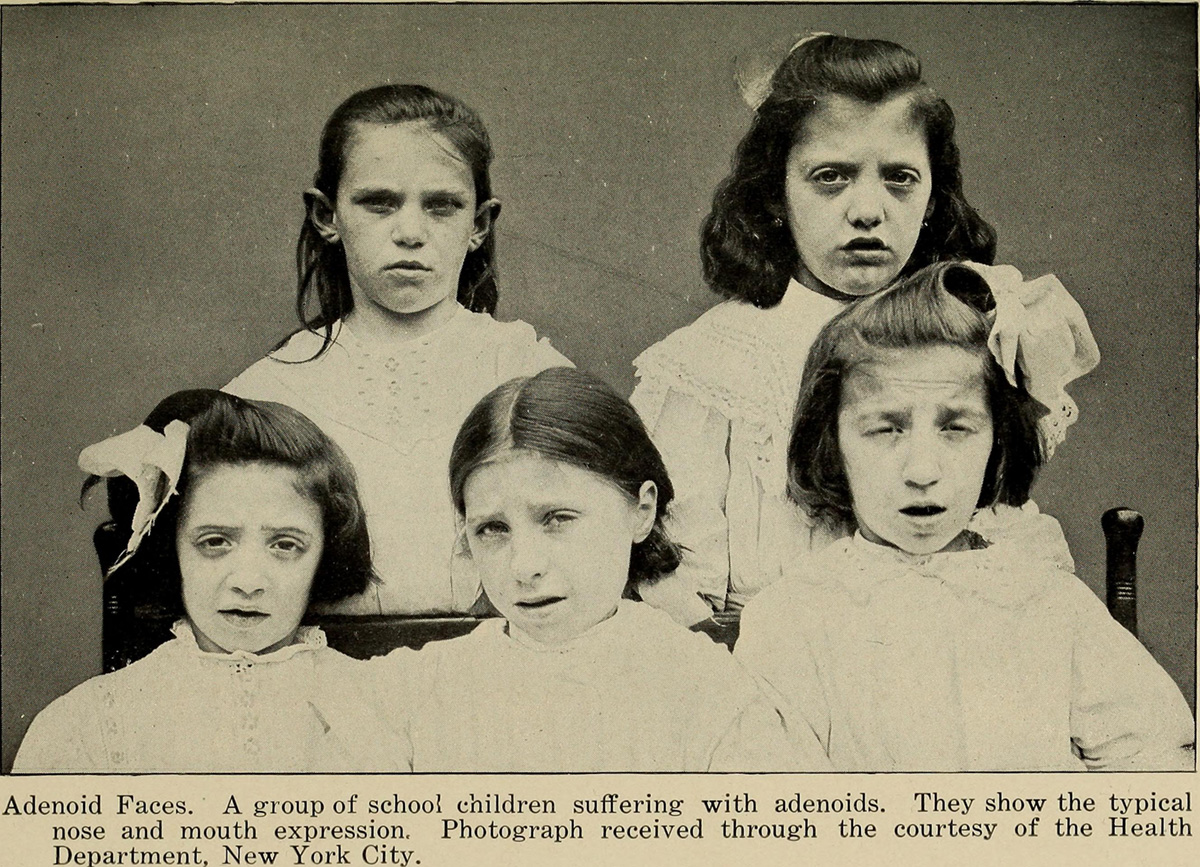
Croup is a viral disease that commonly affects the children between six months and three years of age. Since croup is caused by a virus, it cannot be medically treated, but there are treatments which aim to relieve the symptoms.
Croup, or laryngotracheobronchitis, usually sets in two or six days after exposure to the virus. The symptoms usually start suddenly, for example the child may go to bed in the evening feeling fine and then wake up in the middle of the night with one or more croup symptoms.
The most important symprom of croup is a specific cough. While in other infections that affect upper respiratory system the cough is either dry, wet or deep, in croup it makes a specific brassy sound much like barking of a seal.
Another common symptom is a harsh, loud and high-pitched sound while breathing in. This is called inspiratory stridor, and unlike wheezing, it comes from the larger airways. Stridor seems to worsen when the child is agitated or anxious.
The symptoms of croup have a characteristic pattern. They first start in the middle of the night, then slightly subside during the day only to come back again in the evening. However, each following evening the symptoms become milder.
The same virus that causes croup in small children will cause a common cold in adults. This is because children have smaller larynx, trachea and bronchial tubes, and they are more prone to swelling and buildup of mucus.
Croup will also cause a runny nose, a fever that in most cases remains low grade, harsh voice and loss of appetite.
Croup is relatively easy to diagnose, because of its characteristic symptoms. It is not unusual for doctors to diagnose croup in children while they are still in the waiting room. In some cases, however, a more thorough medical exam is required and it may include an X-ray.
It is important to determine whether the child has difficulty breathing that would require medical assistance. The potential severity of a case of croup is determined by observing the child’s color, alertness and stridor.
Treatment of croup is aimed to relieve symptoms. A child may take medication to lower the fever or may take non-narcotic cough syrup, although most syrups do not have effect on the croup cough.
Many parents whose children had croup have noticed that the symptoms, especially the sough and the stridor, seem to subside when the child is exposed to cool air. It may be a good idea to dress the child well in coat, scarf and hat and take him or her for a brief walk outside.
Humid air helps to open up the airways so it is recommended to put a humidifier or a source of water mist and warm steam in the child’s room.
In cases of moderate or severe croup, doctors may administer a steroid to decrease swelling and improve breathing.


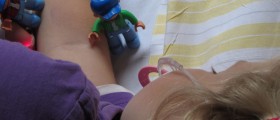


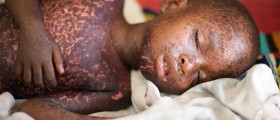
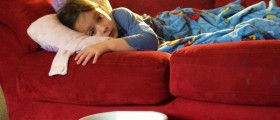


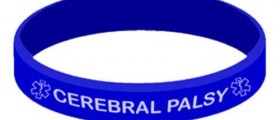



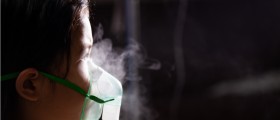



Your thoughts on this
Loading...